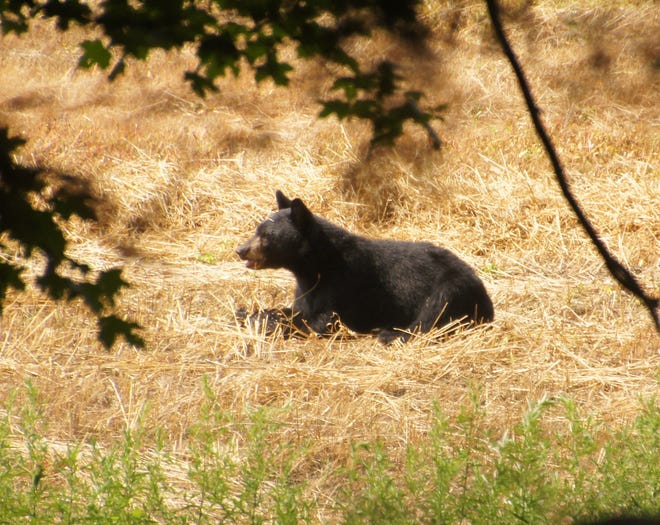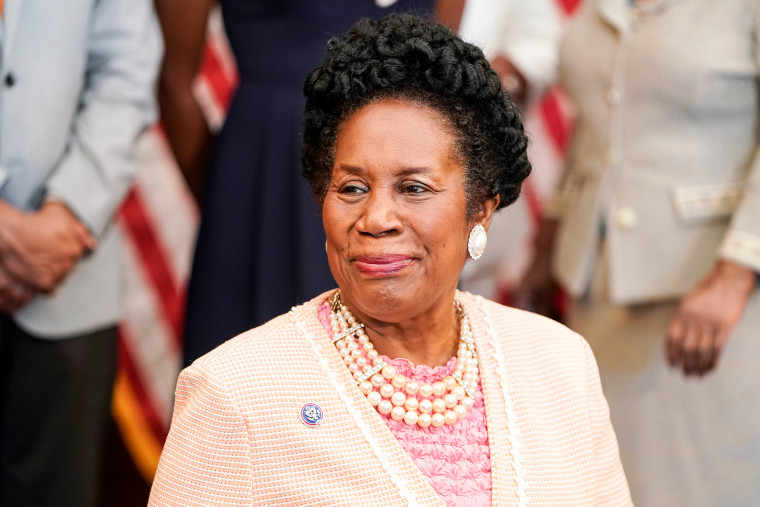A group of animal rights groups has filed a lawsuit to stop a New Jersey black bear hunt set to begin shortly before sunrise on Monday.
“The Fish and Game Board has unlawfully used emergency powers to push through an unpopular and unnecessary hunt while depriving New Jersey citizens of their due process under state law,” Kate Hendricks said in a press release announcing the lawsuit, which was filed in state court Tuesday. She is a staff attorney for the Humane Society of the United States.
She added, “The public does not face any ‘imminent danger’ from New Jersey’s predicament, and the numbers the agency cites to argue otherwise are misleading and taken out of context.” The real emergency is the threat hundreds of New Jersey’s bears will face if this horrific, unscientific hunt is not stopped.”
If the trial is not stopped, the hunt will be the first in two years. And for the previous two years, state lands, including wildlife preserves owned by the state Department of Fish and Game and all other state parks and forests, had been closed to bear hunting.
According to the state Fish and Game Board, the bear hunt is scheduled to begin a half hour before sunrise on Monday and continue a half hour after sunset on Saturday. Hunting is limited to firearms and licensed hunters who have obtained a $2 bear hunting permit in one of five special areas in the northwest part of the state.
The groups filing the lawsuit include the Animal Welfare League of New Jersey, the Humane Society of the United States and Friends of Animals, according to a news release. The press release also says bear season is being called the “trophy black bear hunt.” hunt” was authorized by the New Jersey Fish and Game Board earlier this month. Hunting societies nominate six of the eleven members of the council.’
Under the state Constitution, council members are appointed by the governor with the consent of the state Senate. The board’s 11 members include six members representing “sportsmen,” three representing “farmers,” one from the “public,” and the chairman of the Endangered and Nongame Species Advisory Committee.
Athlete candidates can also be recommended to the governor by fishing, conservation and environmental organizations. They are unpaid, provide legal oversight of the Department of Fish and Wildlife and set state hunting and fishing laws, and determine, on the advice of DFW biologists, what game and fish can be legally harvested.
According to their press release, the groups accuse the F&G Board of “abusing a loophole in the emergency rules to circumvent necessary procedures that guarantee the public’s right to express themselves and require the Board to respond to said public comments.”
Earlier this month, the board did hold a public meeting in the State Museum auditorium to accommodate a larger crowd than could be accommodated in the body’s regular meeting room. “Despite having enough time to follow these procedures, the Board imposed an emergency rule at the last minute, leaving no time for the public to respond,” the group charges.
Activists said they are suing to stop the hunt because it “targets hundreds of bears and does not set clear limits on the number that can be killed. The board advanced the proposal without counting the number of bears in New Jersey or performing a scientifically based estimate of the number population”.
bears:22-year-old Ringwood man charged with hunting and using firearm while shooting bear cubs
In fact, biologists at DFW have continued their work to assess the black bear population as part of their ongoing bear population study. Hunting regulations include a precautionary measure: If 30 percent of the intended population is harvested, the DEP commissioner must order the hunt to stop.
However, if less than 20 percent of the estimated population is killed in the first six days, the hunt can be extended for another four days, Dec. 14-17.
“The Council then went further, stating without evidence that the state’s bear population would increase by a ridiculous 33% in just two years without hunting.” – say the activists. “These assumptions have no scientific basis; black bears reproduce very slowly.’
However, biologists and researchers note that female black bear litters in New Jersey are higher than the average for other states, and cub survival rates are among the highest in the U.S.
“The council is not above the law and should not have the right to prevent public input by faking an ’emergency,'” said Jennifer Best, director of Friends of the Animals’ wildlife legal program. “The only thing that will keep the public safe and black bears in the wild is education about simple and effective solutions like bear-proof trash cans and removing bird feeders between March and November.”
Gov. Phil Murphy promised to end bear hunting when he ran for a second term and used his authority to ban bear hunting on public lands for the 2019 and 2020 seasons. While the Fish and Game Board approved the updated Comprehensive Black Bear Management Policy, the DEP commissioner did not sign off on it. Without the CBBMP, the 2021 bear hunt would not have happened.
But DFW continued to work on black bears and collect data on human-bear encounters, which nearly tripled this year compared to 2021 statistics. An investigation by the New Jersey Herald in late October also found that the statewide numbers are actually far lower than reported. Local police departments and state troopers in areas not covered by local police are often called to black bear complaints, but there is no requirement that departments also report to DEP.
In their press release, the animal rights group states that “the number of incidents reported this year is not unusually high compared to many other years in which the hunt has taken place. In fact, more than 90% of the complaints related to with bears, were reports of normal bear behavior incidents that do not pose an immediate danger to the public, such as sightings of injured bears and bears foraging in unsecured garbage cans and bird feeders.
“Until now, the state has failed to take steps to create litter control programs that have successfully mitigated conflicts in Western states,” the press release states.
Most often, activists point to Boulder, Colorado, which is located in the Rocky Mountains. However, this city and Boulder County have local laws governing how to store and collect trash. In New Jersey, one city attempted to make “bear-proof” trash cans mandatory, but the program failed to garner public support.











